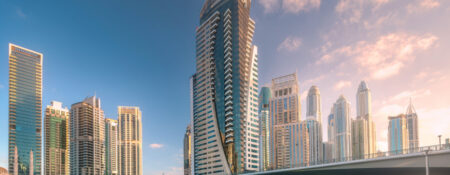The UAE’s real estate market is ever-evolving, influenced by economic trends, government policies, and global events. Keeping abreast of the latest developments is crucial for investors, homeowners, and industry professionals. This article delves into the most recent trends and changes in the UAE real estate market, highlighting key factors that are shaping its future.
The UAE’s real estate market has experienced dynamic growth over the past two years, leaving the period of stagnation far behind. This vibrant market is characterized by rising property values, innovative developments, and expanding urban areas. New locations such as Dubai Harbor, Uptown Dubai, Damac Hills, and other emerging neighborhoods are transforming the real estate landscape, offering diverse investment opportunities. Similarly, Abu Dhabi’s real estate market has experienced growth, particularly in areas like Saadiyat Island and Yas Island. This resurgence is attributed to renewed investor confidence and increased demand for high-quality residential properties.
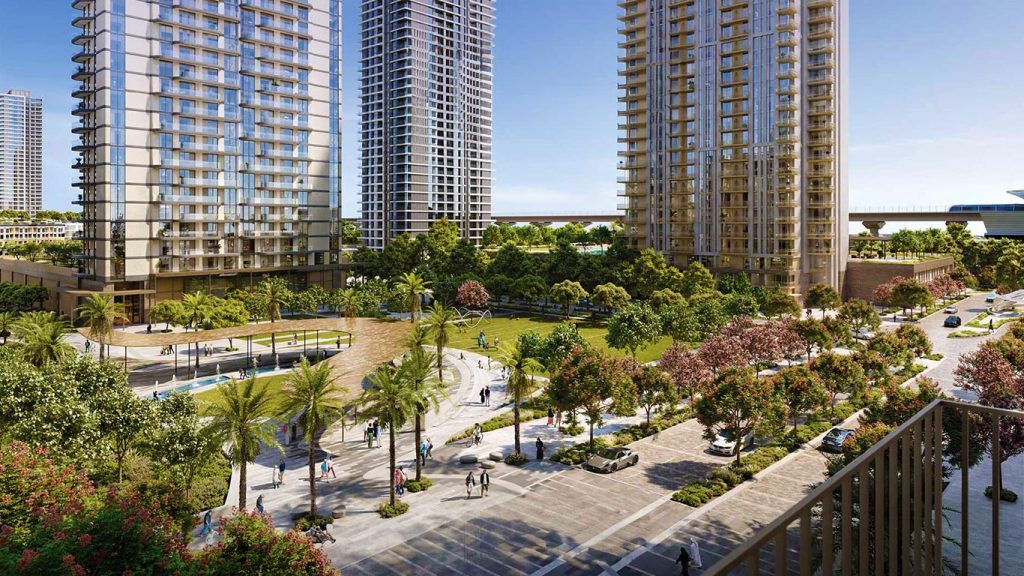
The UAE government has introduced several initiatives to stimulate the real estate market. The implementation of long-term visas for investors and the easing of foreign ownership restrictions have made the market more attractive to international buyers. Additionally, the introduction of the Golden Visa program, which grants residency to investors, entrepreneurs, and professionals, has boosted market activity and encouraged long-term investment.
Sustainability and smart technology are at the forefront of the UAE’s real estate development. Projects such as Masdar City in Abu Dhabi and the Sustainable City in Dubai are prime examples of eco-friendly and technologically advanced communities. These developments focus on reducing carbon footprints, utilizing renewable energy sources, and incorporating smart home technologies to enhance the quality of living.
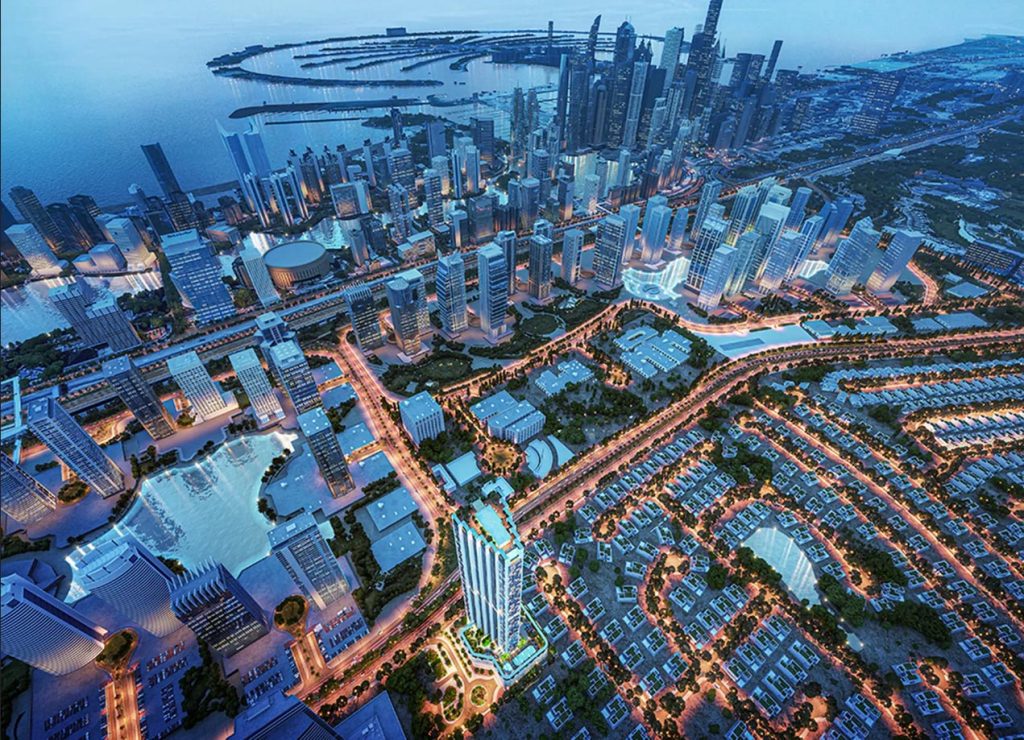
The demand for co-living and co-working spaces has surged in the UAE, driven by changing lifestyles and work patterns. Co-living spaces offer affordable, community-centric housing solutions, while co-working spaces provide flexible and cost-effective office environments. This trend is particularly popular among millennials and remote workers who seek convenience and social interaction.
Affordable housing has become a key focus for developers in the UAE, addressing the needs of middle-income families and expatriates. Areas such as Dubailand and Al Furjan in Dubai, as well as Al Reef in Abu Dhabi, are seeing a surge in budget-friendly residential projects. These developments aim to provide quality living spaces at more accessible price points, catering to a broader segment of the population.
The COVID-19 pandemic has accelerated the adoption of digital technologies in the real estate sector. Virtual property tours, online viewings, and digital transactions have become commonplace, allowing buyers and investors to explore properties and complete transactions remotely. This shift towards digitalization enhances convenience and efficiency, making the property buying process smoother and more transparent.
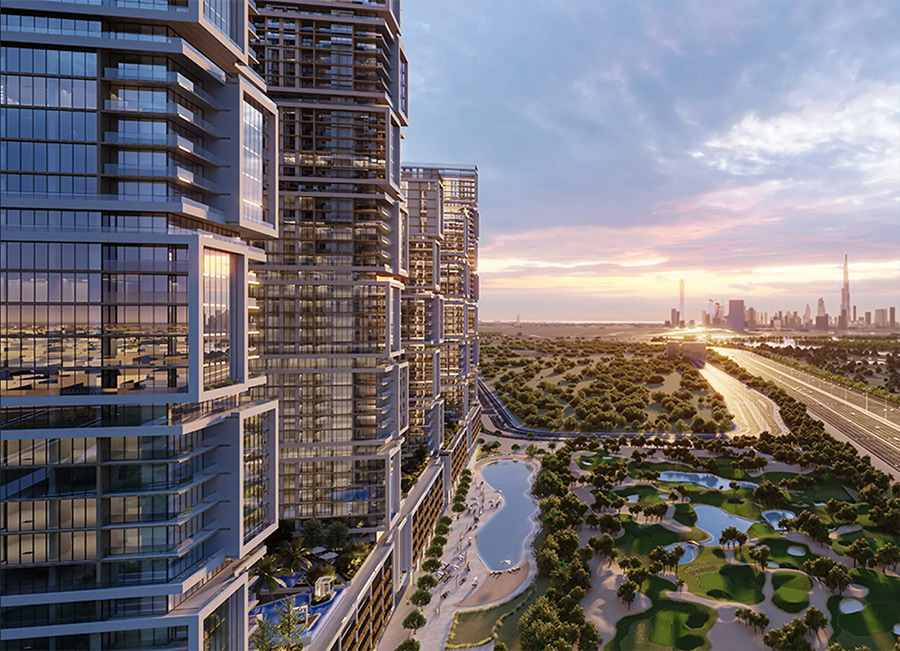
The luxury real estate market in the UAE is booming, with high demand for premium residences, villas, and penthouses. Exclusive communities such as Emirates Hills, Al Barari, and Jumeirah Golf Estates in Dubai, as well as Saadiyat Island and Al Maryah Island in Abu Dhabi, are attracting affluent buyers. Factors contributing to this boom include the influx of high-net-worth individuals, favorable economic conditions, and the appeal of luxurious living standards.
Expo 2020 Dubai had a significant impact on the UAE’s real estate market. This event has spurred infrastructure development, increased tourism, and boosted investor confidence. The areas surrounding the Expo site (now called Expo City), such as Dubai South and the Jebel Ali Free Zone, have experienced a surge in real estate activity. The long-term benefits of Expo 2020 are expected to continue driving growth and development in the coming years.
Improved infrastructure and connectivity are crucial drivers of real estate growth in the UAE. Major projects such as the Dubai Metro expansion, Abu Dhabi’s new road networks, and the development of airports and ports enhance accessibility and attract investment. These infrastructure improvements make previously remote areas more viable for residential and commercial development.
Mixed-use developments are gaining popularity in the UAE, offering a blend of residential, commercial, and recreational spaces within a single project. These integrated communities provide residents with a convenient, all-inclusive lifestyle. Examples include Bluewaters Island and City Walk in Dubai, and Al Maryah Island in Abu Dhabi. Such developments are designed to create vibrant, self-sustained neighborhoods that enhance the overall living experience.
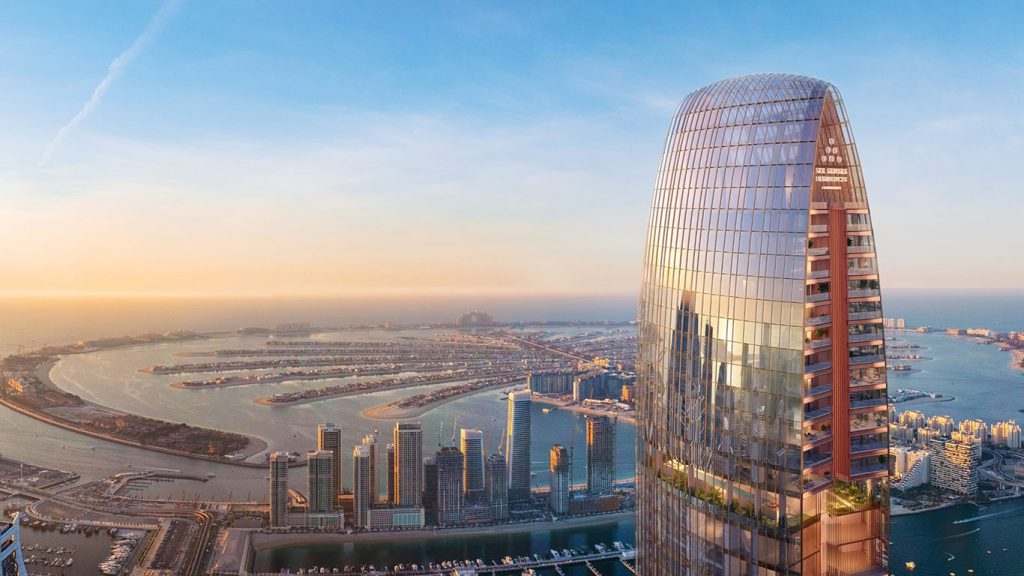
The UAE’s real estate market is dynamic and continuously evolving, influenced by various economic, social, and technological factors. The latest developments highlight a positive outlook, with increasing property prices, government support, and innovative projects driving growth. For investors, homeowners, and industry professionals, staying informed about these trends is essential for making strategic decisions and capitalizing on opportunities in the market.
The UAE real estate market offers a wealth of opportunities for those who stay informed and adapt to the changing landscape. By understanding the latest developments and leveraging strategic insights, you can make the most of your real estate investments in this dynamic market.



